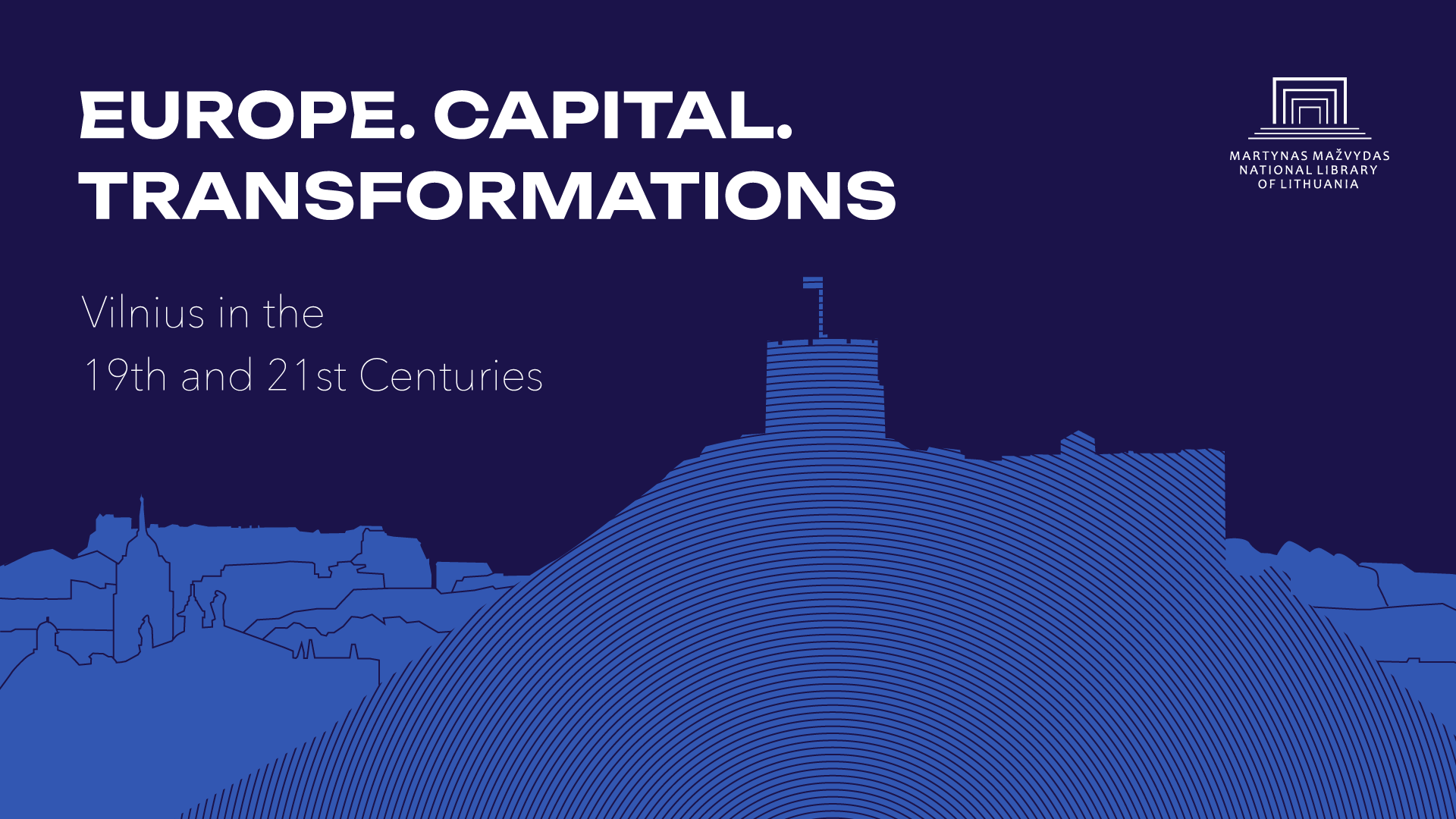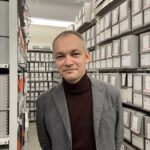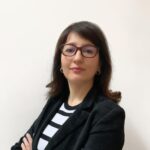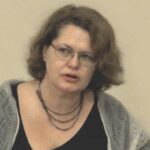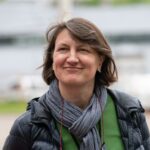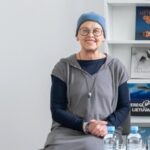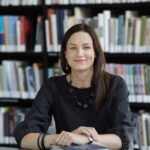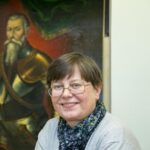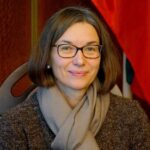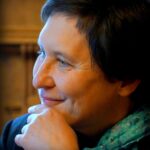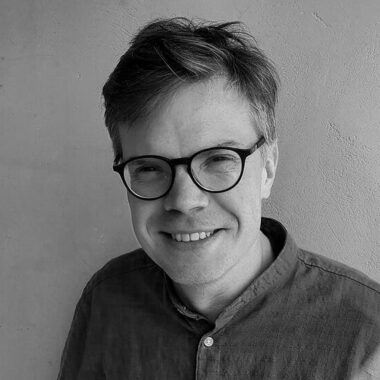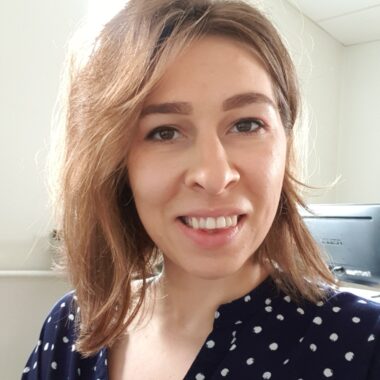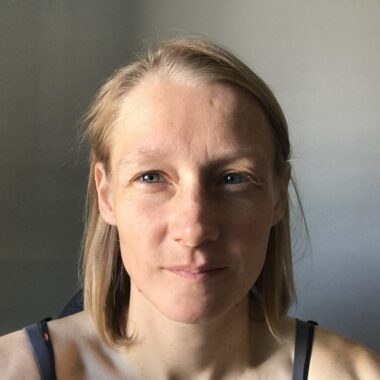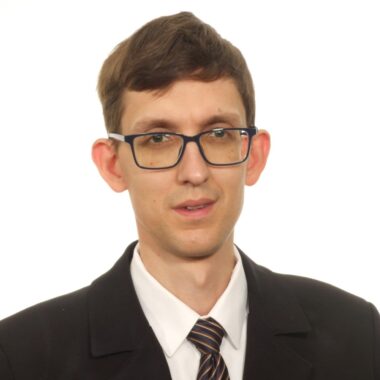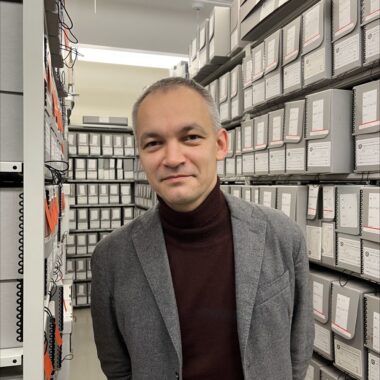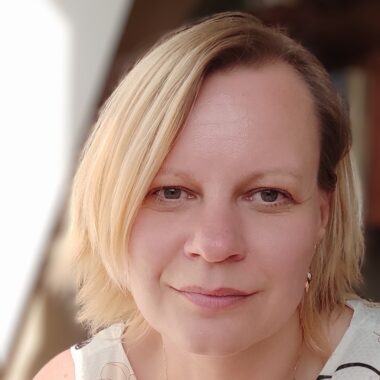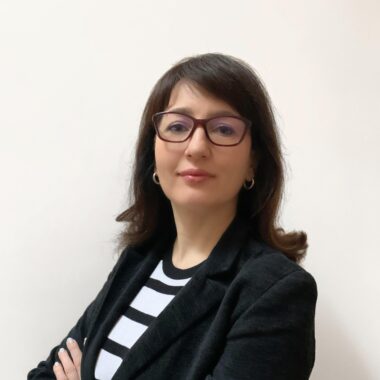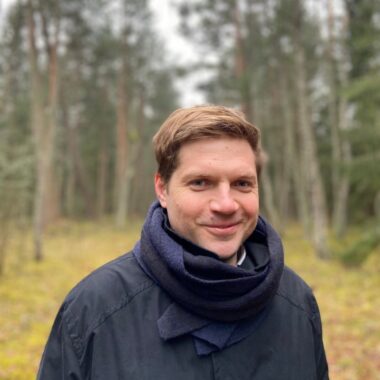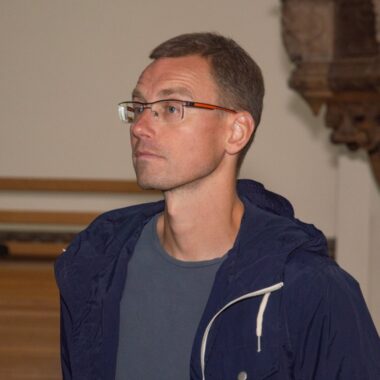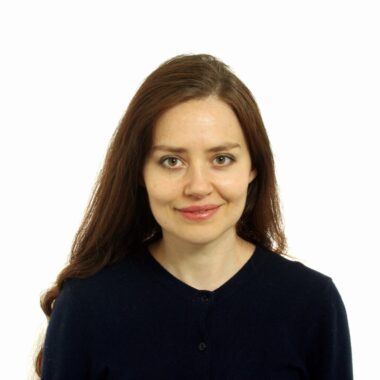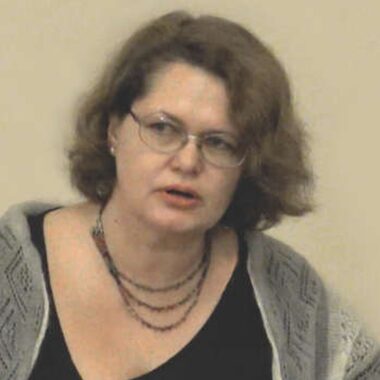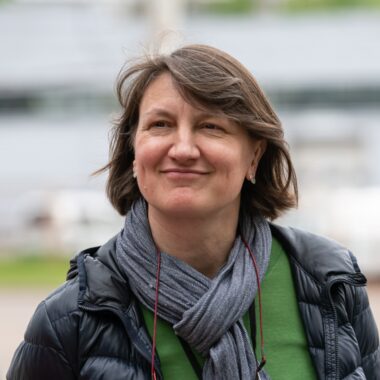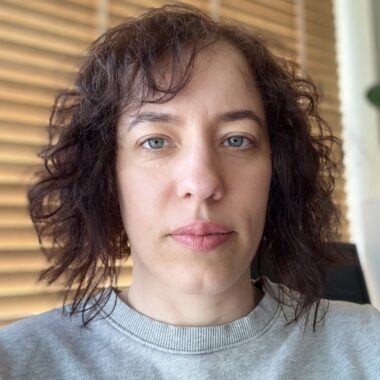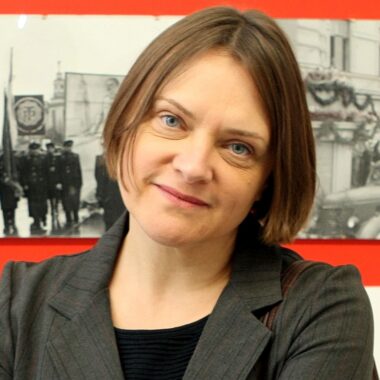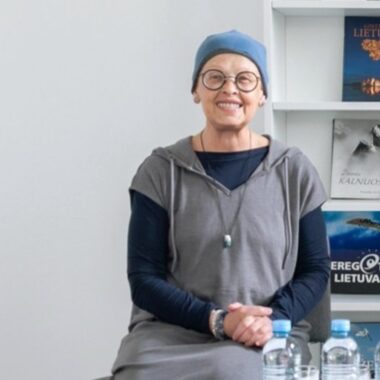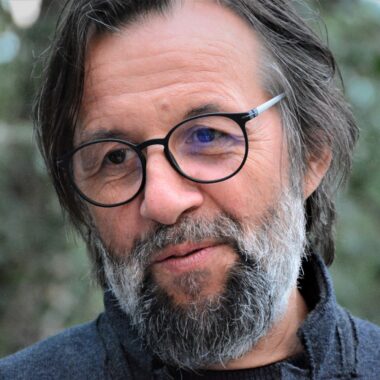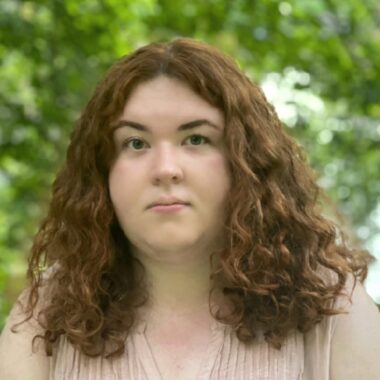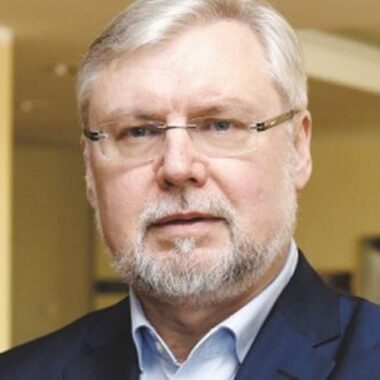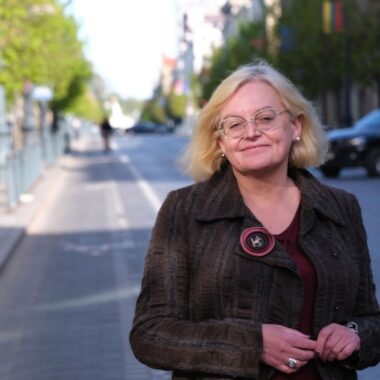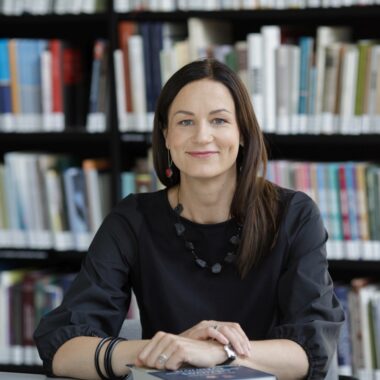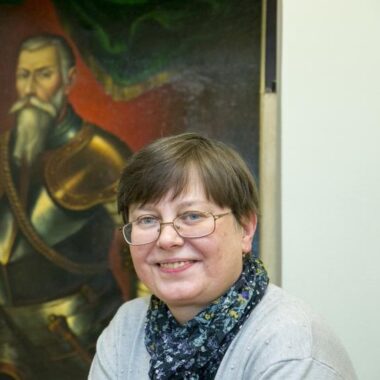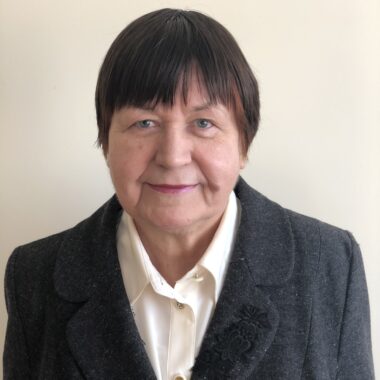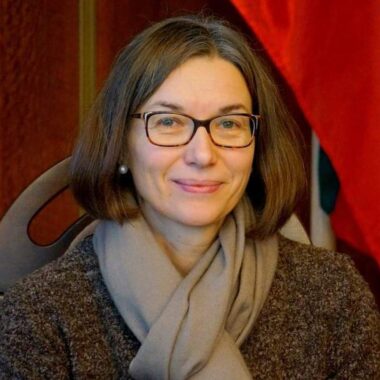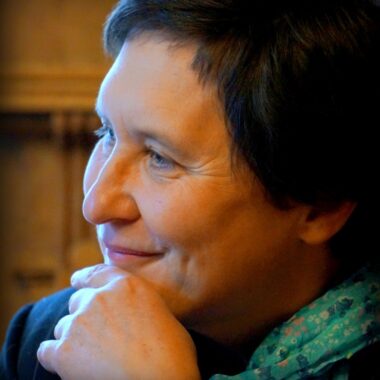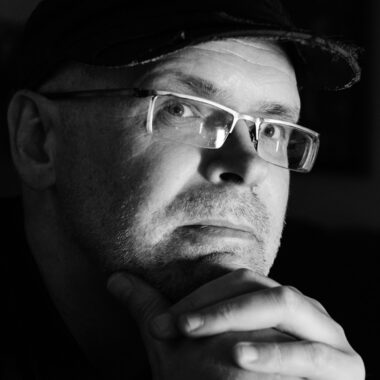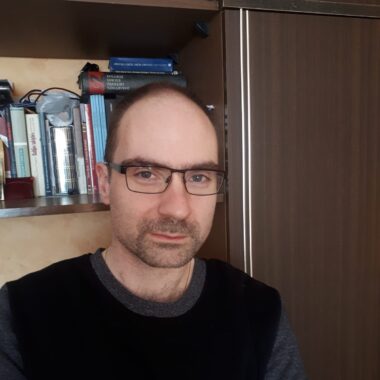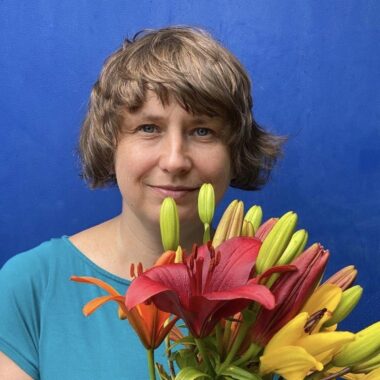October 19
9:00-9:30 Registration
9:30-10:00 Opening Remarks
10:00-10:45 Plenary Session
Rasa Antanavičiūtė (Vilnius Museum)
INCONVENIENT HERITAGE IN PUBLIC SPACES AND MUSEUMS OF VILNIUS
10:45-12:45 Session 1. Places of Memory and Oblivion in Vilnius
(Moderated by Povilas Andrius Stepavičius (Vilnius Museum)
Rasa Čepaitienė (Lithuanian Institute of History, European Humanities University)
VILNIUS AS THE CITY AND THE CAPITAL: MYTHOLOGIZATION AND THE POLITICS OF HISTORY
Zigmas Vitkus (Klaipėda University)
WHAT DOES PANERIAI MEAN TO US TODAY?
Inga Leonavičiūtė (Vilnius University)
EXPRESSING HISTORICAL MEMORY AT STEPHEN BATHORY UNIVERSITY, OR HOW JOACHIM OUTSTRIPPED ADAM
Salvijus Kulevičius (Vilnius University)
“VILNIUS OLD TOWN IS GETTING OLDER AND MORE BEAUTIFUL”: THE DISCOVERIES OF AND DEFENDING GOTHIC VILNIUS IN THE 1950s-1980s
Karolina Bukovskytė (National Museum of Lithuania, Lithuanian Culture Research Institute)
DECOLONISING ART HISTORY: THE MUSEUM OF ATHEISM AS THE INSTITUTION OF OBLIVION
12:45-14:15 Lunch Break
14:15-15:00 Plenary Session
Darius Pocevičius (writer, researcher and author of historical studies on Vilnius)
THE FORGOTTEN ANARCHISTS OF VILNIUS OF 1904-1907
15:00-16:15 Session 2. Multicultural Vilnius
(Moderated by Ingrida Veliutė (Martynas Mažvydas National Library of Lithuania)
Lara Lempertienė (Martynas Mažvydas National Library of Lithuania)
THE 19TH-CENTURY VILNA JEWISH PERIODICALS: PUBLISHERS, AUTHORS AND IMAGINED READERS
Henryka Ilgiewicz (Lithuanian Culture Research Institute)
THE CONTRIBUTION OF THE ART HISTORY SECTION OF THE SOCIETY OF FRIENDS OF SCIENCE IN WILNO TO RESEARCHING AND PROMULGATIN THE HISTORY OF ART IN WILNO
Ramunė Čičirkaitė (Institute of Lithuanian Language)
THE LITHUANIAN LANGUAGE IN MILTICULTURAL VILNIUS: MYTHS AND EXPERIMENTS
16:15-16:45 Coffee Break
16:45-18:00 Session 3. Vilnius as an Administrative, Economic, Political, Cultural and Scientific Center
(Moderated by Vaida Kamuntavičienė (Vytautas Magnus University)
Andrea Griffante (Lithuanian Institute of History)
RESCUING OR CREATING WILNO? THE ESTABLISHMENT OF THE POLISH ADMINISTRATION AND THE MANAGEMENT OF FOOD SUPPLIES, 1919-1920
Viktorija Kurienė (Martynas Mažvydas National Library of Lithuania)
THE ONE THAT CONNECTS. THE INTERWAR VILNIUS CATHOLIC DOCUMENTS AT THE NATIONAL LIBRARY OF LITHUANIA
Juozas Skirius (Martynas Mažvydas National Library of Lithuania, Vytautas Magnus University)
THE VILNIUS ISSUE IN LITHUANIAN-AMERICAN POLITICAL ACTIVITIES IN THE 1920s-1930s
18:30 Guided Tour of the Vilnius Museum
October 20
9:00-9:30 Registration
9:30-10:15 Plenary Session
Krzysztof Czyżewski (The Borderland Foundation, Poland)
VILNIUS—THE NEW ATHENS OF THE NORTH
10:15-12:00 Session 4. Urban and Architectural Development of Vilnius (Moderated by Rūta Leitanaitė (Lithuanian Union of Architects)
Rugilė Puodžiūnienė (Vilnius University)
THE MANAGEMENT PLAN FOR VILNIUS HISTORIC CENTER AS A UNESCO WORLD HERITAGE SITE: AN INTERDISCIPLINARY APPROACH
Siarhei Liubimau (European Humanities University)
VILNIUS BEYOND URBAN VS NON-URBAN OPPOSITION: A FEW ENTRY POINTS TO THE PLANETARY URBAN FUTURES
Viktorija Serbentienė (Lithuanian Institute of History)
ARCHITECTURE THAT EXTENDS THE MARGINS OF THE CITY: CONTEMPORARY DETACHED RESIDENTIAL HOUSES IN ETHNOGRAPHIC FIELD RESEARCH
Stsiapan Stureika (European Humanities University)
THE INFLUENCE OF VILNIUS ON ARCHITECTURAL RESTORATION PROJECTS IN BELARUS IN 1968-1991
12:00-13:30 Lunch Break
13:30-15:30 Session 5. Vilnius in Art
(Moderated by Ramunė Balevičiūtė (Lithuanian Academy of Music and Theatre)
Margarita Matulytė (Lithuanian Culture Research Institute, Lithuanian National Museum of Art)
VILNIUS AND VILNIUS: THE PARALLEL CITY OF PHOTOGRAPHER ALGIRDAS ŠEŠKUS
Gitana Vanagaitė (Lithuanian Institute of Literature and Folklore, Vytautas Magnus University)
THE IMAGE OF ST. MARY OF THE GATE OF DAWN IN LITHUANIAN LITERATURE OF THE FIRST HALF OF THE 20TH CENTURY
Donata Mitaitė (Lithuanian Institute of Literature and Folklore)
VILNIUS IN THE POETRY WRITTEN IN SOVIET LITHUANIA
Asta Plechavičiūtė (Martynas Mažvydas National Library of Lithuania)
THE MAP OF VILNIUS IN CHILDERN’S LITERATURE
Dainius Vaitiekūnas (Martynas Mažvydas National Library of Lithuania)
EXPERIENCING THE BEAUTY OF VILNIUS IN CONTEMPORARY LITHUANIAN POETRY
15:30-16:00 Coffee Break
16:00-17:40 Session 6. Communicating Vilnius
(Moderated by Ilona Strumickienė (Martynas Mažvydas National Library of Lithuania)
Tomas Petreikis (Martynas Mažvydas National Library of Lithuania)
VILNIUS BIBLIOGRAPHY AS A SCIENTIFIC COMMUNICATION TOOL
Daiva Siudikienė. Saulė Jokūbauskienė (Vilnius University)
THE NARRATIVES OF HISTORY OF VILNIUS IN MODERN COMMUNICATION OF THE CITY AND ITS RESIDENTS
Ingrida Veliutė (Martynas Mažvydas National Library of Lithuania)
“I WILL DEFINITELY PARTICIPATE” OR VILNIUS’ LEADERSHIP IN SHAPING AND IMPLEMETING CULTURAL EDUCATION POLICY
Jolanta Zabarskaitė (Martynas Mažvydas National Library of Lithuania)
LINGUISTIC NARRATIVES OF VILNIUS


